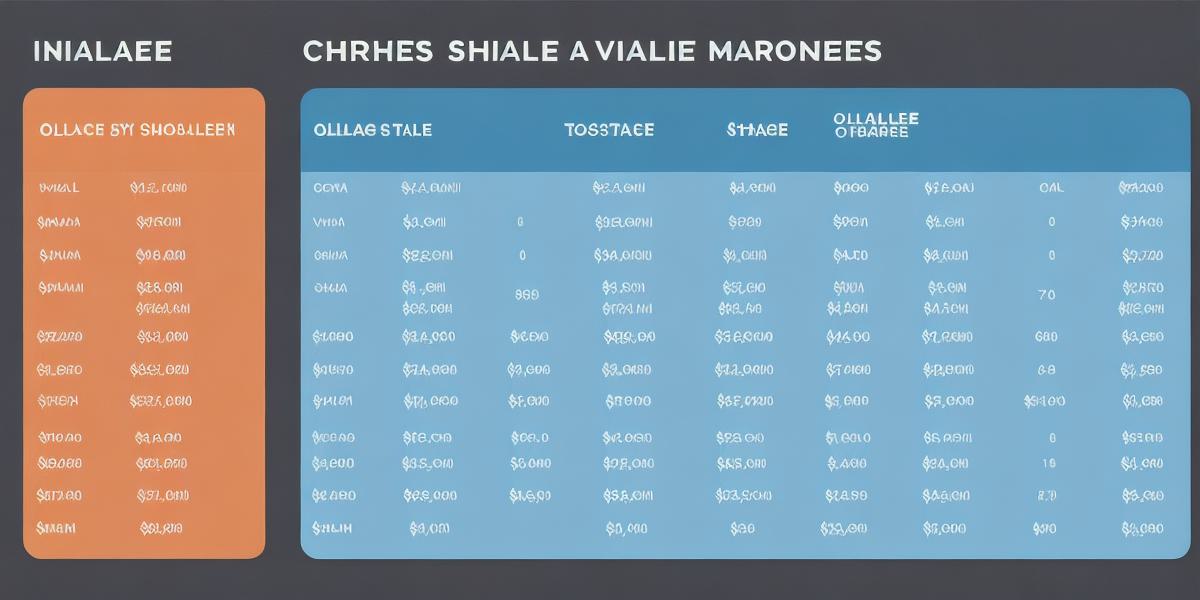Cost Comparison: S3 vs Blob Storage: Which One is Right for You?

Are you a programmer looking to store your data in the cloud? If so, you’ve probably heard about Amazon Web Services (AWS) and its various storage options, including Simple Storage Service (S3) and Blob Storage. But which one is right for you? In this article, we’ll compare the cost, scalability, security, and performance of S3 and Blob Storage, so you can make an informed decision.
Cost:
When it comes to cost, S3 and Blob Storage are similar in that they charge based on storage capacity and data transfer. However, there are a few key differences to keep in mind.
S3 charges for data stored in the US region, with prices starting at $0.05 per GB per month. In contrast, Blob Storage charges for data stored in all regions, with prices starting at $0.08 per GB per month. So, if you’re planning to store your data in a specific region, S3 may be the more cost-effective option.
Scalability:
In terms of scalability, both S3 and Blob Storage are highly scalable and can handle large amounts of data. However, S3 has a few advantages when it comes to scaling.
S3 allows you to add or remove storage capacity on the fly, without having to go through an approval process. This makes it easy to scale up or down depending on your needs. In contrast, Blob Storage requires you to provision and de-provision storage capacity, which can be more time-consuming.
Security:
When it comes to security, both S3 and Blob Storage are highly secure. They use encryption at rest and in transit to protect your data from unauthorized access. However, there are a few key differences to keep in mind.
S3 offers a variety of security features, including bucket policies, which allow you to set permissions on who can access your data. In contrast, Blob Storage uses Azure Access Policies to manage permissions, which may be less intuitive for some users.
Performance:
In terms of performance, both S3 and Blob Storage are highly performant. They offer low-latency access to data and can handle high volumes of traffic. However, there are a few key differences to keep in mind.
S3 offers more features when it comes to performance tuning, including the ability to configure read and write acceleration, which can improve the speed at which your data is accessed. In contrast, Blob Storage has fewer options for performance tuning.
Conclusion:
Ultimately, whether S3 or Blob Storage is right for you will depend on your specific needs and requirements. If you’re looking for a more cost-effective option that’s easy to scale up or down, S3 may be the better choice. On the other hand, if you need more advanced security features or want to store data in multiple regions, Blob Storage may be the better option. Whatever your needs, it’s important to carefully evaluate both options before making a decision.








